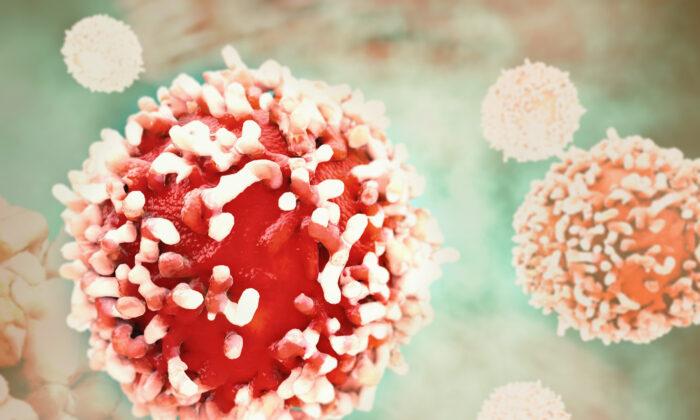Researchers have discovered an Australian burrowing octopus species has a compound in its venom that could provide a non-toxic treatment for skin cancers, according to a study.
The southern sand octopus, also known as octopus Kaurna, had its peptides analysed in a pre-clinical study by researchers at the QIMR Berghofer Institute.
They tested the tumour-fighting properties of a number of synthetically reproduced venom compounds from marine animals.
But researchers specifically looked at the Australian southern sand octopus because of its ability to safely and effectively target BRAF-mutated melanoma cells in pre-clinical models.
“We were very surprised to discover the octopus venom peptide selectively reduced the proliferation of melanoma cells and prevented tumour progression while having little effect on healthy cells,” study lead Dr Maria Ikonomopoulou said.
“This specificity is really important as existing treatments can be quite toxic on healthy cells and have nasty side effects, limiting the quantities that patients are able to take.”

The findings suggest the octopus compound could potentially provide a platform for highly-targeted, less toxic treatment against BRAF-mutated melanoma, which accounts for roughly half of all melanoma cases.
“It’s still very early days. But these findings offer hope that this octopus peptide may be developed into a cancer-targeted treatment that can safely and effectively be administered even in very high doses,” said Dr. Ikonomopoulou.
Due to many patients not responding to existing BRAF-mutated melanoma treatments, Dr Ikonomopoulou believes this research is vital in unlocking more avenues.
She said more research is required, but the octopus venom compound has strong therapeutic potential.
Researchers also want to investigate whether the compound has potential against other BRAF-mutated cancers, including those of the prostate, colon and non-small cell lung.






Friends Read Free